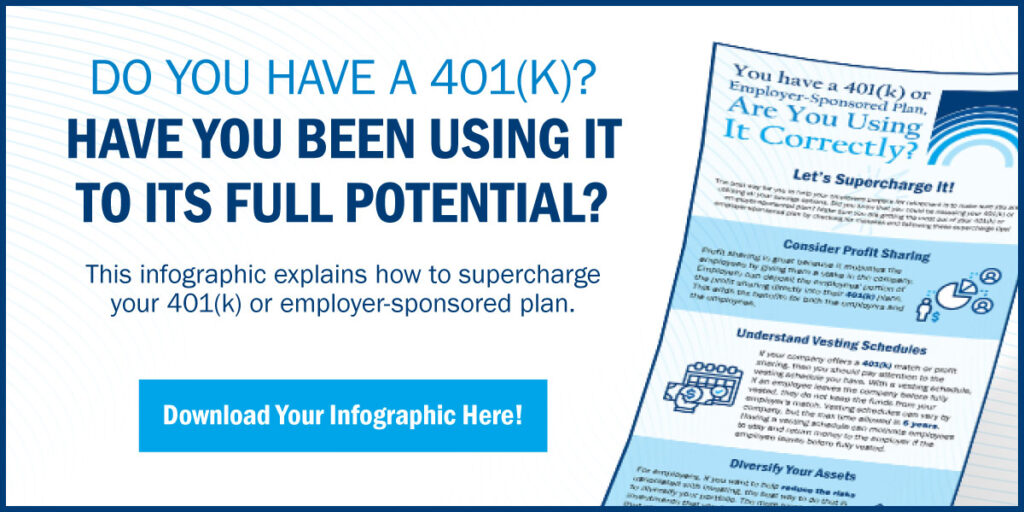Employer-sponsored retirement plans are a cost-effective benefit strategy. Benefit programs often include services like health insurance for employees as well as providing tax breaks to the employer. For the uninitiated, retirement plans generally fit in one of two categories: defined benefit plans and defined contribution plans (401(k) or Profit-Sharing Plans). In a defined benefit plan, retired employees receive a defined monthly amount—pension plans are the most famed of defined benefit plans. In a defined contribution plan, both the employee and the employer may contribute money to the 401(k) plan.
Plan Compliance is a Top Priority – Remember Key Dates With our Calendar
So, why should an employer sponsor a retirement plan for employees? Here are three reasons:
1. Attract and Retain Employees
Wise employers know that their employees are their most valued asset. They also know that one of the keys to great leadership is doing what is right for their employees and looking out for their best interests. Prospective employees are more likely to gravitate towards and stay with your company long-term when they see this. This reduces turnover and the associated costs involved training new employees.
The employee also enjoys tax breaks, as well as contributions and investments, are not taxed until distribution begins. Additionally, employee contributions are easy to make through payroll deductions, which reduces taxable income. For employees, even small investments along with compounding interest add up over time, giving employees an opportunity to secure their own financial futures.

2. Tax Breaks
It’s not only employees who get to reap the benefits of employer-sponsored plans, though. Employee-sponsored plans are a great way for plan sponsors to decrease tax liability. As an employer, any contributions you make toward your employees’ 401(k) plans, for example, are tax-deductible. It is also important to note that contributions can usually be weighted such that the largest contribution is to the owner. In these cases, employers receive a tax break on the contributions they make to their own plans. Meanwhile, the money sitting in the nest egg is invested for potential growth: any money it makes from investments is tax-deferred or, in some cases, tax-free. This makes it a great place to save money for both you and your employees’ futures.
Employer-sponsored plans can be great for small businesses. The IRS says that if you have 100 or fewer employees and you meet other qualifications, you may claim a tax credit by completing Form 8881. The credit is for 50% of your necessary startup costs up to $500 per year.
3. Flexibility
As mentioned, there are two general types of employee-sponsored plans: defined benefit plans, such as pension plans, and defined contribution plans, of which there are many types. Such plans include, but are not limited to, 401(k) plans, Roth 401(k)s, 403(b)s, and safe harbor 401(k) plans. Each of these plans has its own rules and conditions.


